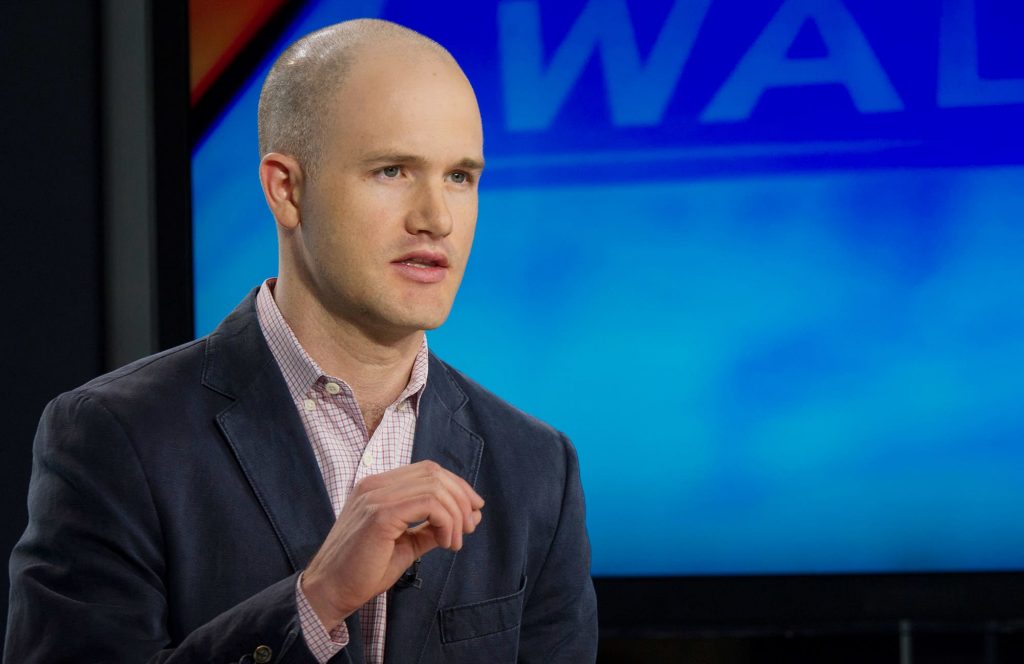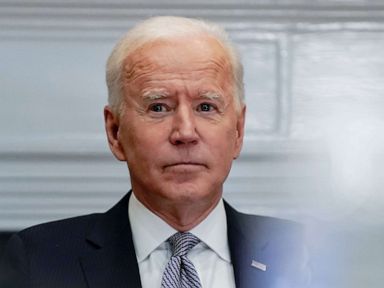
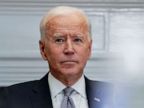

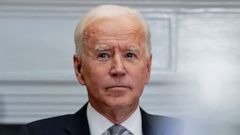
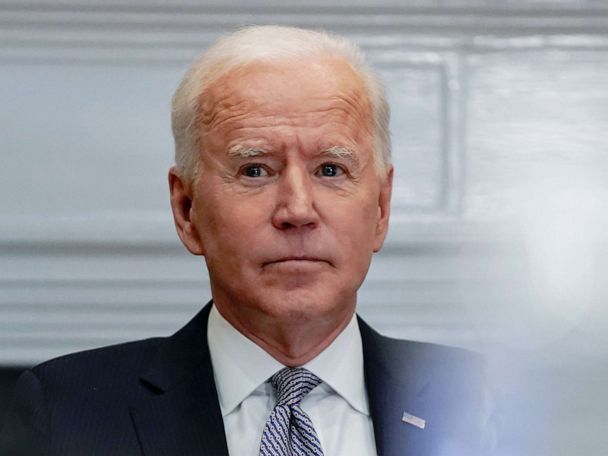
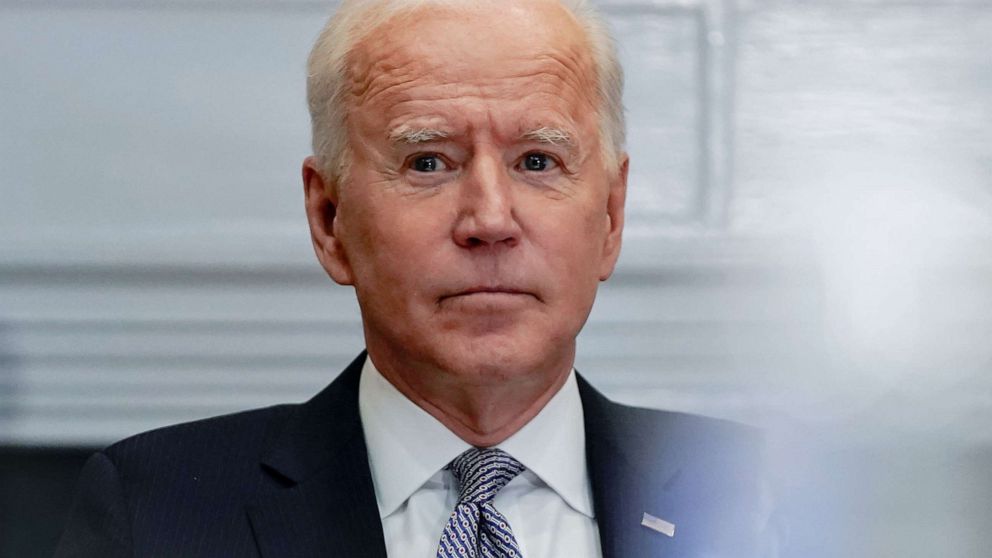
The U.S. and NATO met with Ukraine’s foreign minister Tuesday to signal support.
President Joe Biden spoke with Russian President Vladimir Putin Tuesday morning and proposed the two hold a summit in a third country “in the coming months to discuss the full range of issues facing the United States and Russia,” according to the White House.
The call comes days after Biden spoke to Ukrainian President Volodymyr Zelensky amid heightened concern about a massive buildup of Russian forces along Ukraine‘s border and in Crimea, the Ukrainian peninsula that has been occupied by Russia since 2014.
Ukraine’s foreign minister traveled to Brussels for meetings with Biden’s Secretary of State Antony Blinken and senior NATO officials Tuesday in a strong signal of support for Kiev against any Russian aggression.
During his call with Putin, Biden urged him to “de-escalate tensions” with Ukraine – and warned the U.S. would “act firmly” to defend its own interests after Russia’s repeated cyber attacks and election interference.
Biden has emphasized a more nuanced approach to Russia than his predecessor Donald Trump, who sought warmer relations with Putin and was criticized for downplaying Russian aggression, especially its interference in the 2016 presidential election to support him.
“President Biden reaffirmed his goal of building a stable and predictable relationship with Russia consistent with U.S. interests,” the White House said Tuesday. U.S. officials have previously pointed to the agreement to extend New START, the last nuclear arms control pact between the U.S. and Russia, as an example of how the two countries can find common ground — and Biden called for “building on” that during the call.
But Russia’s enormous military buildup on Ukraine’s borders may make any cooperation anathema in Washington. Russia has massed 41,000 troops at its border with eastern Ukraine and 42,000 more in Crimea, according to a spokesperson for President Zelensky.
Russian Defense Minister Sergey Shoigu confirmed Tuesday that the military has deployed two armies and three airborne formations to the region, but said they were participating in military exercises and in response to increased military activity by the U.S. and NATO.
In addition to massing forces, Russian-backed separatists in eastern Ukraine have also escalated fighting in recent weeks. With renewed shelling and machine-gun fire, 28 Ukrainian soldiers have been killed this year, according to the Ukrainian military — a sharp increase in the long-running conflict that has killed more than 14,000 people.
Ukrainian Foreign Minister Dmytro Kuleba traveled to NATO headquarters to meet Secretary-General Jens Stoltenberg, Blinken, and the NATO-Ukraine Commission. While Ukraine isn’t a member of the western alliance, it has repeatedly sought to join, with Zelensky saying against last week that it would that a path to membership “is the only way to end the war in Donbass” and send a “real signal for Russia.”
Stoltenberg didn’t comment on Ukrainian membership, but during a press conference with Kuleba, he called Russia’s military buildup “unjustified, unexplained, and deeply concerning” and said the alliance would continue to “provide more practical support to Ukraine, to help them to defend themselves.”
In their own meeting, Blinken reiterated that the U.S. “stands firmly behind the sovereignty and territorial integrity of Ukraine.” He has warned there will be “consequences” if Russia sends troops or arms into Ukraine, but not provided any details.
Kuleba called their meeting a “good symbol” that helps “make it very clear for Russia that the price of its aggression against Ukraine will be too heavy for it to bear.”

